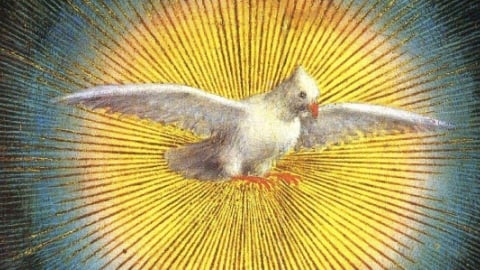Why is St. Pius X the Society's patron?

When Archbishop Marcel Lefebvre established his society for forming priests, why did he choose Pope St. Pius X as its patron?
This article was first published at SSPX.ORG in August 2014.
On the occasion of the centenary of the dies natalis—the birthday into heaven—of St. Pius X, many traditionalists around the world may be curious as to the motives which led Archbishop Lefebvre to choose him as his Society’s patron saint.
In the early 70’s, the cradle years of our Society, the name of St. Pius V was on all lips since throughout the world, the faithful were building or converting barns to turn into bastions of traditions to celebrate the so-called Mass of St. Pius V. His name became prevalent as it became soon very clear that “the whole struggle between Econe and Rome hanged on the Mass of All Time.”
However, the founder of the new institute clearly mentioned St. Pius X in his statutes and couched his reasons on paper. In them, he explains that the purpose of the Society's activities is: “All the works necessary for the formation of priests and whatever pertains to it.” The seminaries must take care that the training “attain its chief goal: the priest's holiness, together with sufficient knowledge.” This is why the Society was placed under the patronage of St. Pius X: the primordial concern of this holy pope was the integrity of the priesthood and the sanctity that flowed from it.[1]
The question was seldom broached by our superior on this matter, unless perhaps some older priests would have gotten confidences which he did not think useful to repeat later on. He certainly often referred to the present crisis in the Church as being a neo-modernist heresy and developed the teachings of St. Pius X in Pascendi which cast a seemingly lethal blow to Modernism at the time. It was natural that the last canonized pope, who fought strenuously against the recurrent modernist heresy, would find a deep echo in the archbishop’s soul, especially as he was canonized by no less than Pius XII.
Even arch-Communists had to recognize his grandeur, not so much as an individual but as pope. Jean Jaures of the Communist newspaper L’Humanite had this to say of him:
His political agenda was very simple: to restore all the values of the Faith with apostolic firmness. He could fulfill this agenda with authority, given the simplicity of his soul and the sincerity of his virtues, which are unquestionable. Whichever way one looks at him, one must agree that he was a great pope."
This was an apostolic pope who could conjure the most deadly heresy the Church has ever endured.
This aspect, perhaps above all others, explains the choice of Giuseppe Sarto as the patron saint for the Archbishop Lefebvre’s priest society.
Footnote
1 Marcel Lefebvre: The Biography, Bishop Bernard Tissier de Mallerais, p.436.





